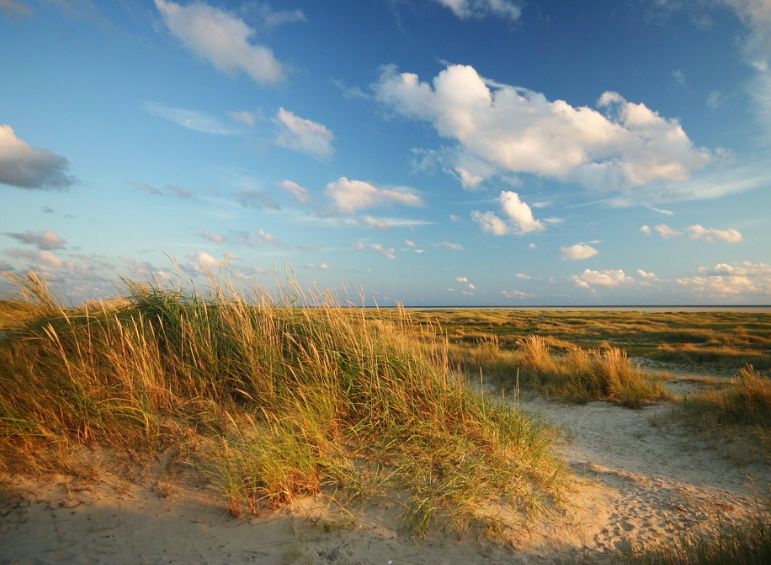A new overview of Danish nature rates the island of Fanø as having the best nature out of Denmark’s 98 municipalities.
Developed by Aarhus University in co-operation with the Danish Society for Nature Conservation, the rating system ranks Denmark’s municipalities in terms of the quality of nature they are home to.
“Compared to other nations, Denmark ranks at the lower end when it comes to biodiversity,” said Nora Skjernaa Hansen, a spokesperson for the Danish Society for Nature Conservation.
“So it’s important to convey to the municipalities that they don’t need to await government action on the international stage. The new mapping can help start a more informed debate within the municipalities that sit closest to nature and have their fingers on the trigger.”
READ MORE: Danes now required to report ‘odd things in nature’
Struer struggling
Following Fanø, the municipalities of Læsø, Tårnby, Lyngby-Taarbæk and Furesø completed the top 5, while Rudersdal, Hillerød, Helsingør, Halsnæs and Gribskov rounded up the top 10.
Other notables included Copenhagen coming 14th, Gentofte (23), Bornholm (24), Aalborg (39), Herning (44), Aarhus (69), Odense (81) and Lolland (91).
Struer in western Jutland was rock bottom of the list, preceded by Nyborg, Morsø, Kerteminde and Greve.
It also revealed that nature accounts for 24 percent of Denmark’s land mass and agricultural use about 60 percent.















